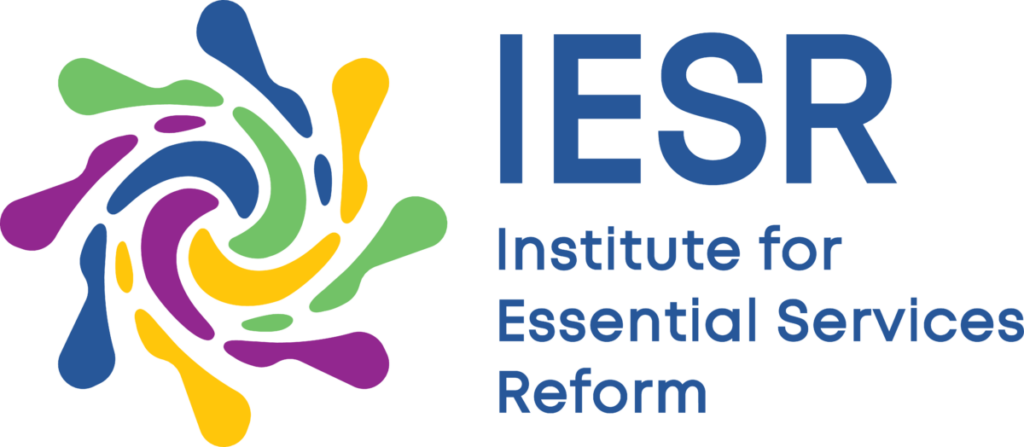BACKGROUND
In Indonesia, the building sector accounts for 30 percent of the country’s total energy consumption. This figure is expected to increase to 40 percent by 2030 (IFC 2019). Therefore, energy transition in the building sector is critical to reducing emissions in Indonesia. The Institute for Essential Services Reform (IESR), through its Sustainable Energy Transition in Indonesia (SETI) project, supports the energy transition in Indonesia by assisting Surabaya City in implementing energy efficiency (EE) and renewable energy (RE) measures in the building sector.
Our organization was tasked with finding the baseline energy consumption of buildings in Surabaya City. Baseline energy consumption of buildings in Surabaya city refers to the energy use of a building under business-as-usual (BAU) conditions or before the implementation of additional efficiency measures. Understanding the baseline energy consumption of buildings is critical for city/region stakeholders, including policy makers, urban planners and energy managers, in developing and implementing sustainable energy transition activities in the city’s building sector. Therefore, obtaining reliable data on the baseline energy consumption of buildings in Surabaya is essential for effective energy management and planning.
This work will support the next steps of the SETI project, such as developing future energy demand for the building sector, developing models in the Low Emissions Analysis Platform (LEAP), and conducting integrated energy planning to achieve Net Zero Emissions (NZE) for the building sector in Surabaya. In addition, some of the buildings surveyed in this task will also be selected for energy audits and pre-feasibility studies for building retrofits.
Our organization is seeking the services of a consultant to find the estimated energy sources (total and breakdown), energy consumption (total and breakdown by end use), energy consumption index, and greenhouse gas emissions of each building type shown below in Surabaya City from 2020 to 2025 (current month):
- Government Buildings
- Residential Buildings
- Commercial Buildings
Proposal Timeline:
They are expected to be received at IESR by Friday, January 31, 2025. Proposals received after this date and time will not be accepted. All proposals must be signed by the expert, authorized agent, or representative of the company submitting the proposal.
Each bidder must submit a proposal. Proposals must be submitted in PDF format with markers for each content. Please submit proposals via email to the SETI Project Manager at malindo@iesr.or.id and include dwi@iesr.or.id and faisal@iesr.or.id by January 31, 2024. Please put “RFP Response – Baseline Energy Consumption in the Building Sector” in the subject line.
RFP_City-Baseline-Energy-Consumption-in-Kota-Surabaya_SETI-1
Download


